Exploring the Wonders of Zoo Wildlife
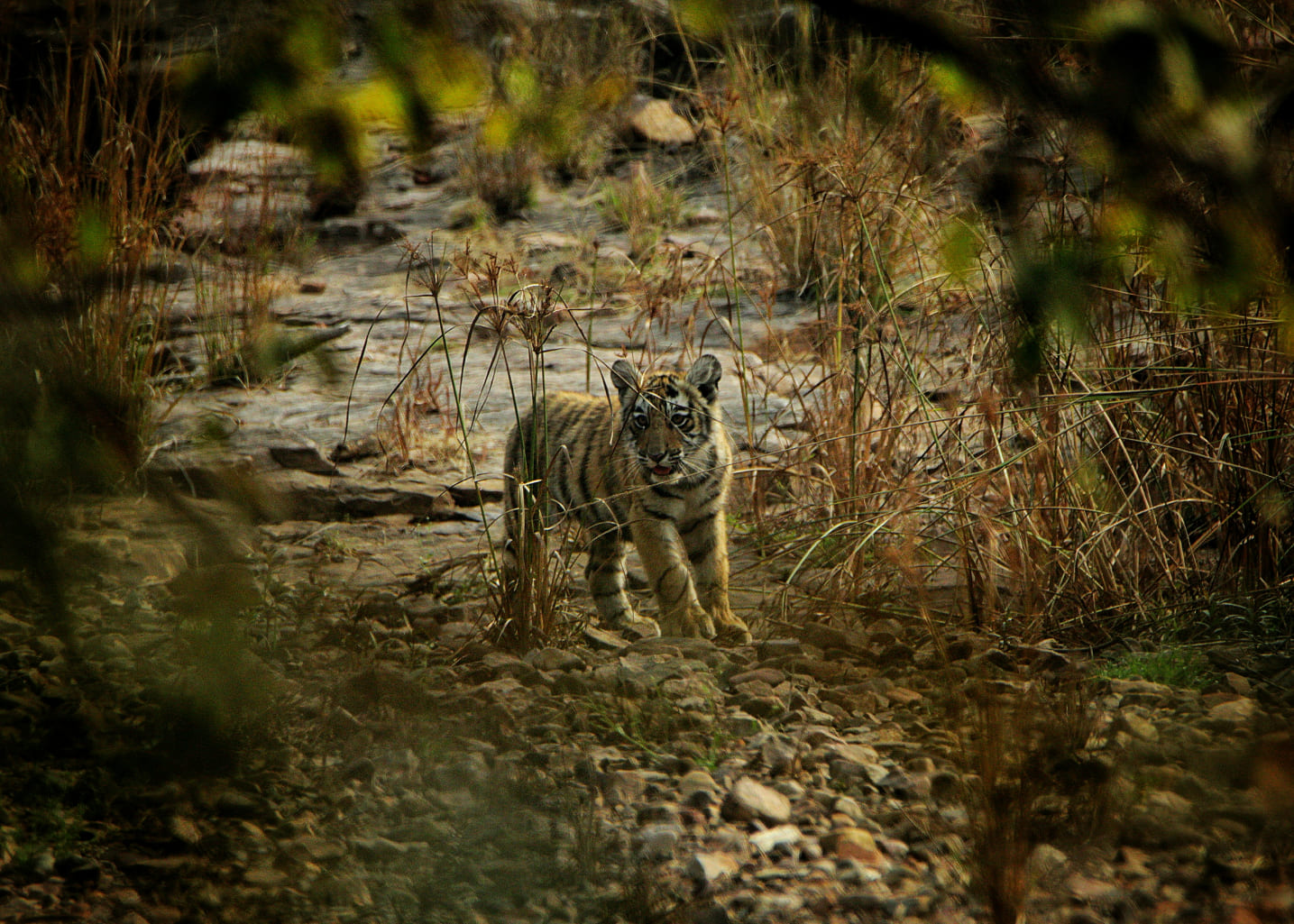
Bengal Tiger: The Apex Predator of the Wild
The Bengal tiger, a symbol of strength and elegance, is one of the most awe-inspiring animals found in zoos. These tigers require large enclosures with plenty of vegetation, shaded areas, and water features that replicate the forests and grasslands of their native India. In zoos, enrichment activities such as meat-filled puzzle feeders and scent trails help them stay active and maintain their natural instincts.
Read More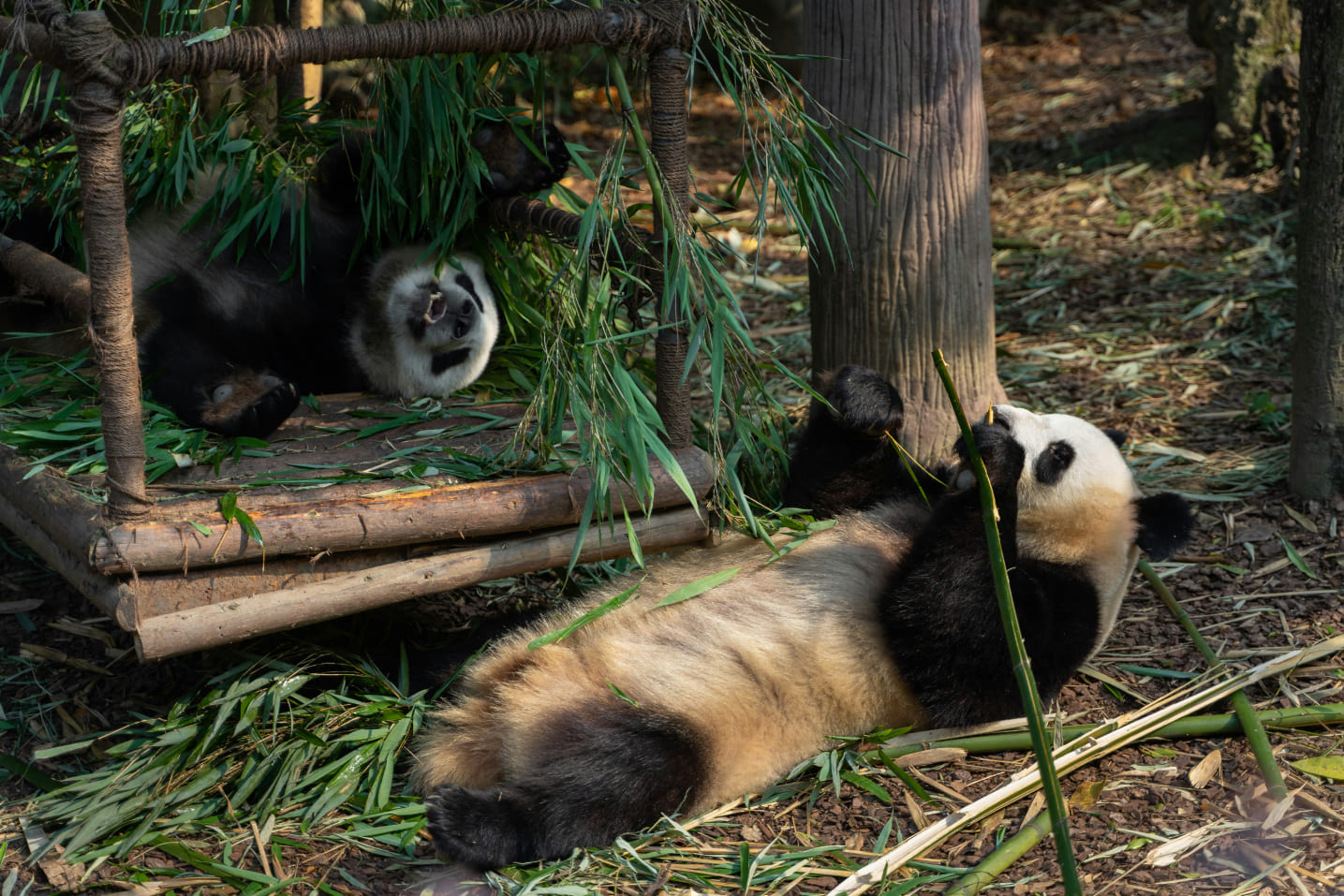
Giant Panda: The Bamboo Lover
The giant panda is a global icon of wildlife conservation, instantly recognizable by its black-and-white fur and calm demeanor. In zoos, pandas are provided with specially designed habitats featuring cool climates and an endless supply of fresh bamboo. This herbivore spends up to 14 hours a day eating, consuming up to 40 kilograms of bamboo daily.
Read More
Swan Goose: The Graceful Migrator
The swan goose, known for its elegant long neck and striking plumage, is a fascinating species found in zoos. Native to East Asia, these birds are migratory in the wild, traveling vast distances between breeding and wintering grounds. In captivity, their habitats often include ponds, grassy areas, and small islands, replicating the wetlands they call home.
Read More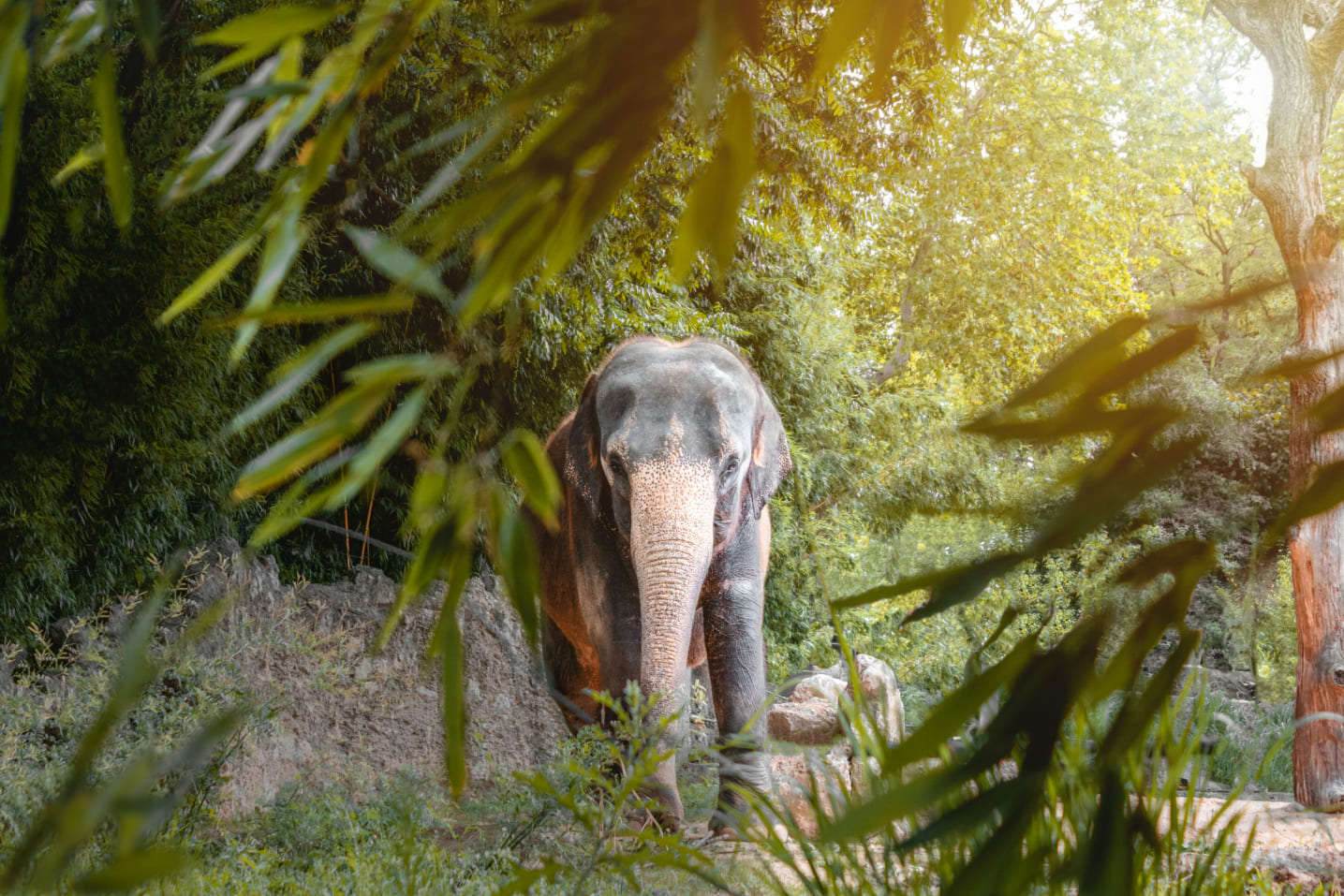
Sri Lankan Elephant: The Gentle Giant
The Sri Lankan elephant, a subspecies of the Asian elephant, is smaller than its African counterpart but equally majestic. Native to the forests of Sri Lanka, these elephants are a symbol of wisdom and strength in their home country. Zoos provide them with large, enriched enclosures featuring mud pits, water pools, and plenty of space to roam and socialize.
Read More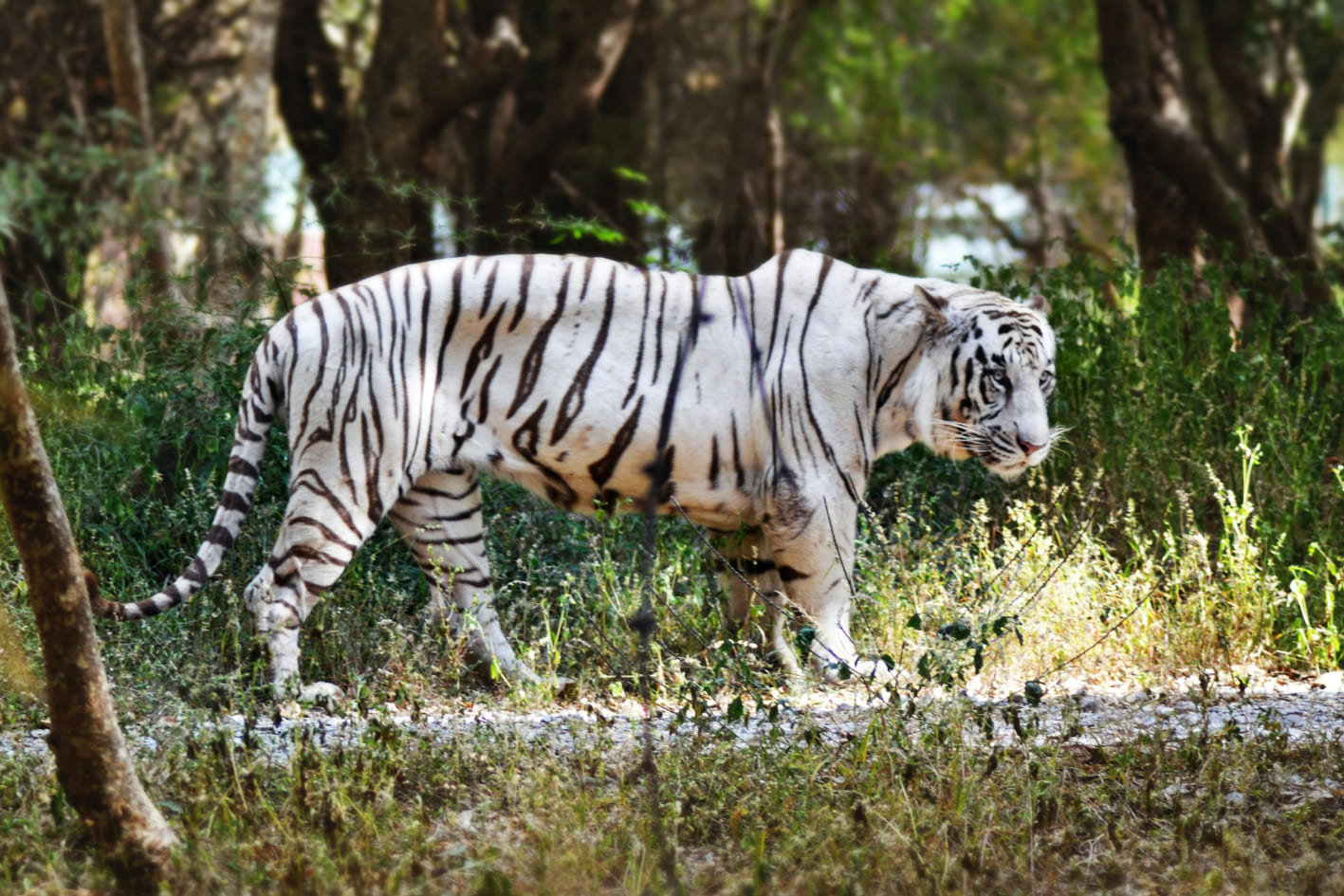
Malayan Tiger: The Elusive Striped Hunter
The Malayan tiger, a critically endangered subspecies, is native to the tropical rainforests of Malaysia. In zoos, these tigers are housed in carefully designed habitats with dense vegetation, water features, and climbing structures that encourage their natural behaviors.
Read More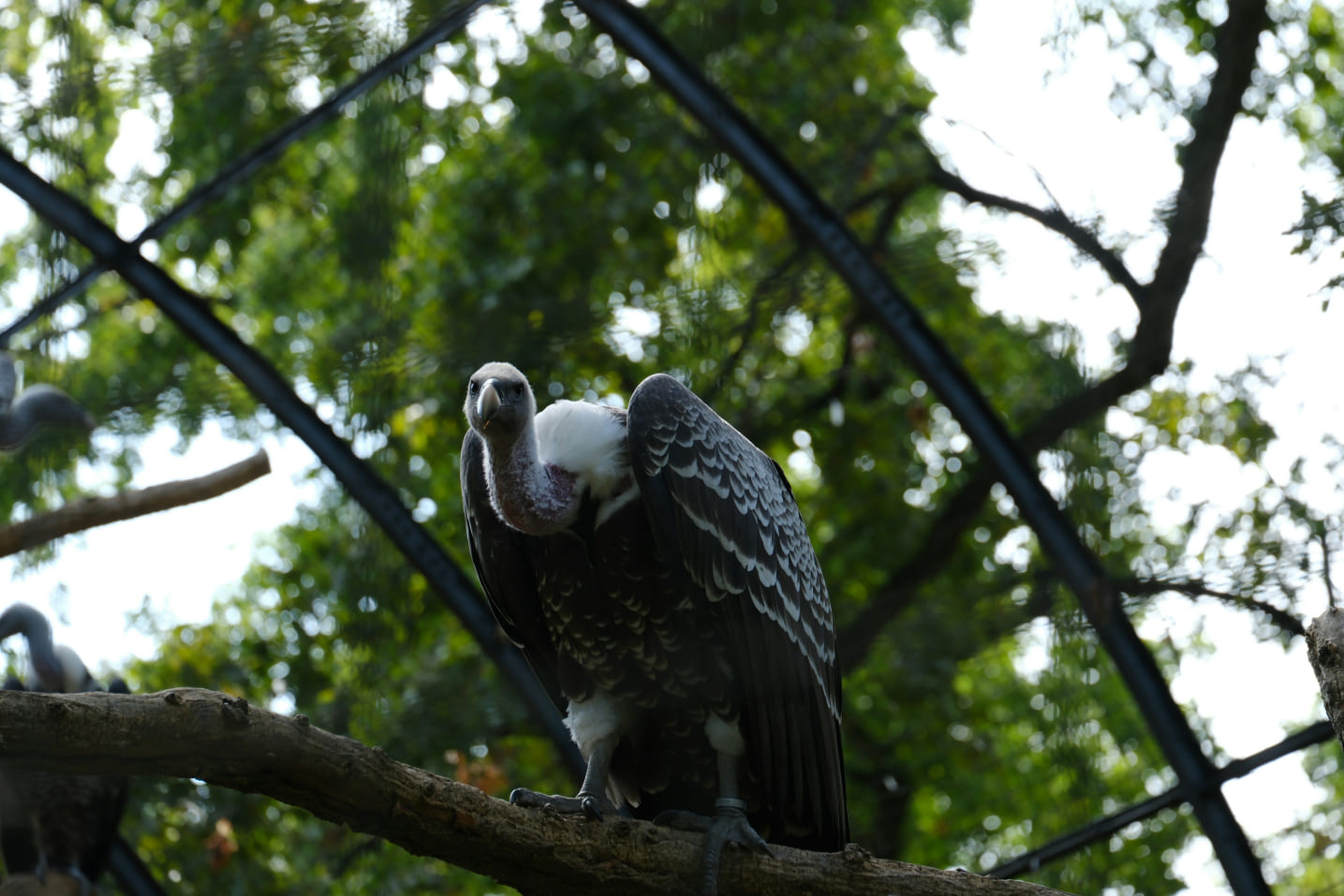
Scavengers: Nature’s Cleanup Crew
Scavengers, such as vultures, hyenas, and certain species of beetles, play a vital role in ecosystems by cleaning up dead animals and preventing the spread of disease. In zoos, these animals are provided with diets that mimic their natural food sources and habitats designed to encourage their foraging behaviors.
Read More